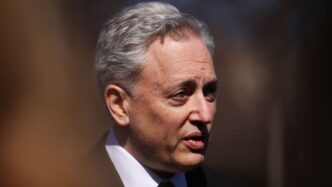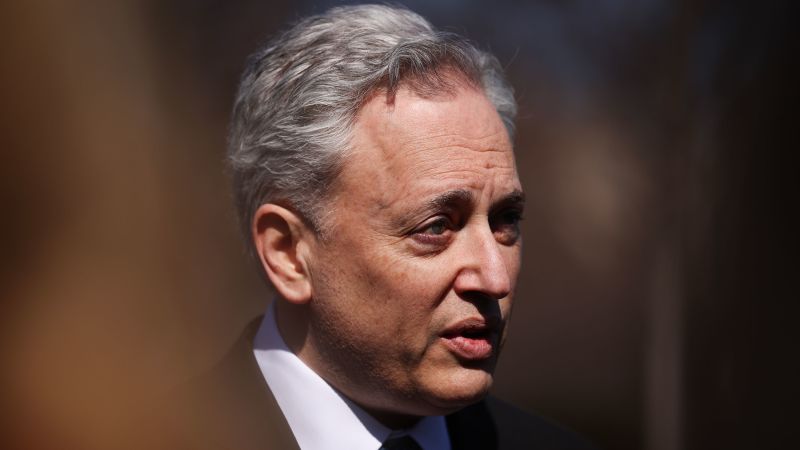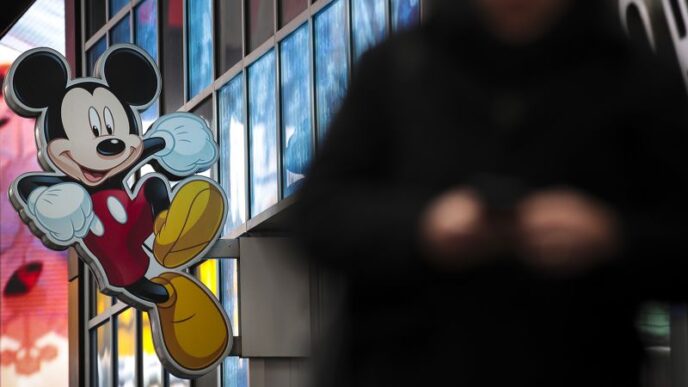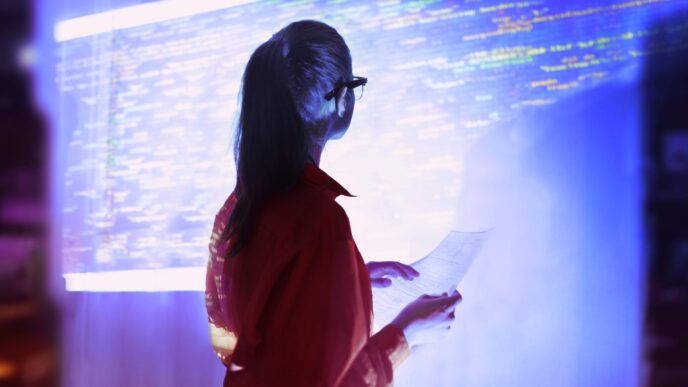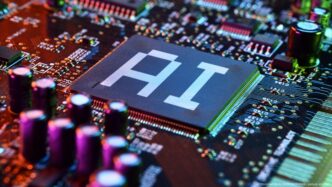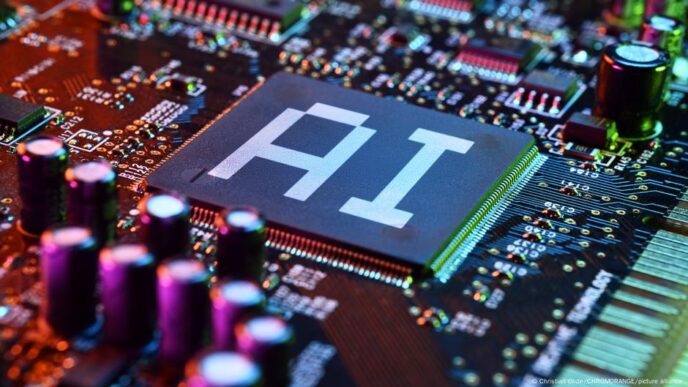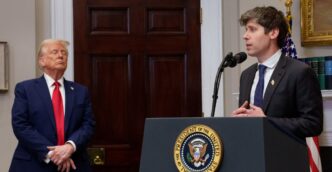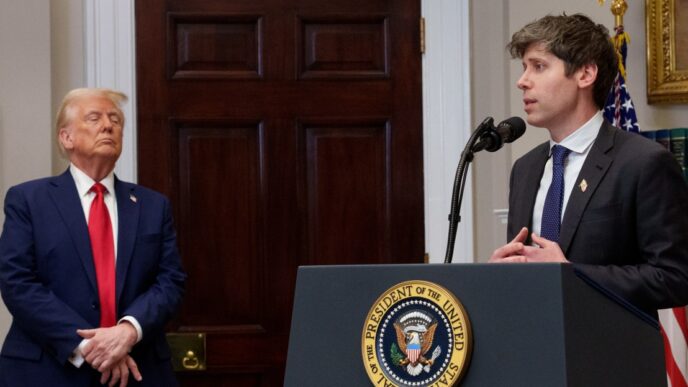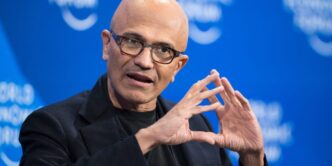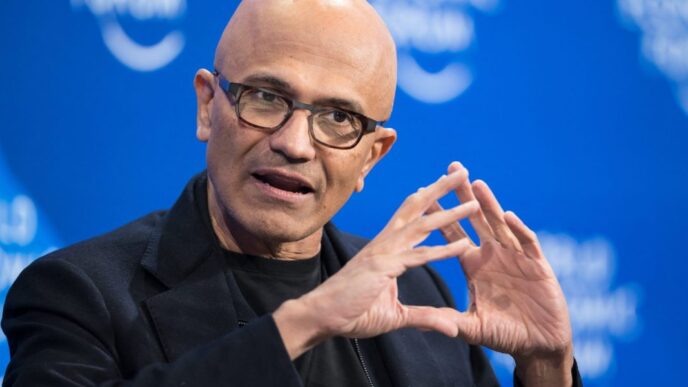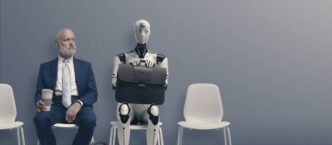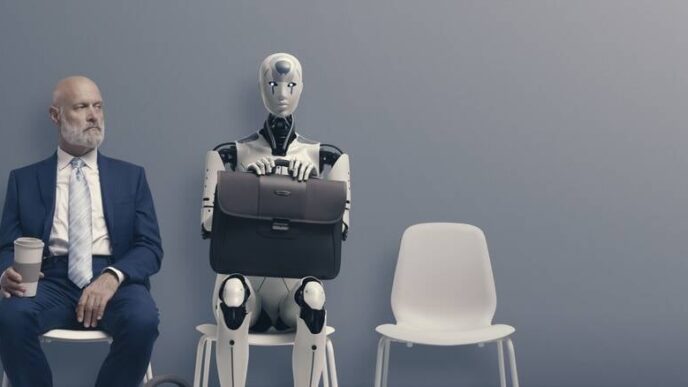White House AI czar David Sacks dismissed fears of massive AI-triggered unemployment just days after Anthropic’s CEO warned of huge job losses.
The warnings came at the Amazon Web Services summit in Washington, DC. Sacks said AI won’t cause a flood of unemployment by replacing human jobs entirely. Instead, he sees AI cutting out pieces of jobs.
Sacks doubled down on optimism.
“Personally, I don’t think it’s (AI) going to lead to a giant wave of unemployment,” White House AI czar David Sacks said.
“I think it’s actually very hard to replace a human job entirely. I think it’s easier to replace pieces of it.”
“I don’t think we’re going to have 20% unemployment.”
Anthropic CEO Dario Amodei recently told Axios AI could wipe out up to half of entry-level white-collar jobs within 1 to 5 years. Amodei backed the alarm on policy and adaptation speed.
“I really worry, particularly at the entry level, that the AI models are very much at the center of what an entry level human-worker would do,” Amodei said on CNN.
“I think we do need to be raising the alarm. I think we do need to be concerned about it. I think policymakers do need to worry about it.”
Sacks called out a “doomer cult” that overestimates job losses and underestimates AI-driven economic growth.
“I could see AI driving our growth rate to something like 4 or 5%,” he said.
“I think you’re already seeing the beginning of an AI boom. I mean, I’m very optimistic that this will be a huge economic tailwind for us.”
Still, Sacks admitted AI will bring challenges, including retraining needs.
“There will be some retraining that is required for students and workers, and I don’t want to minimize that,” he said.
“So there will be challenges too, but I think it’s going to be a really bright future.”
A Pew Research Center survey found nearly two-thirds of US adults expect AI to reduce jobs in the next 20 years. More than half are highly concerned about job losses.
Sacks also flagged AI as a national security priority, saying China trails the US by only 3 to 6 months in AI development.
The remarks come as President Trump pushes a domestic policy bill including a 10-year pause on state AI regulations, which critics say could shield AI firms from accountability over harms like hiring bias and deepfakes.
Amodei praised AI’s potential to cure diseases but stressed the costs in workforce disruption.
“I really worry, particularly at the entry level, that the AI models are, you know, very much at the center of what an entry level human worker would do,” he said.
Sacks urged preparing for AI’s rise instead of resisting it.
“I don’t think that the right thing to do here is to throw up a wall and just be so afraid of AI that we try to resist it,” he said.
“It’s kind of like telling the tides to stop. It’s just not going to happen.”
